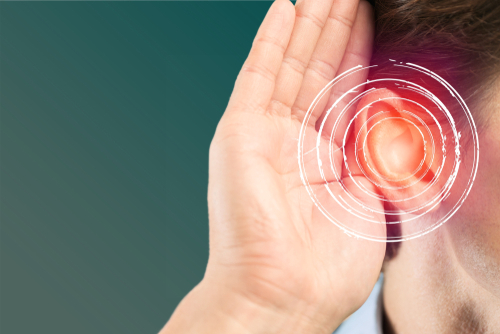About Ear Wax Build Up
What is Ear Wax?
You probably never think about but ear wax actually plays a key role in keeping your ears and your hearing in top condition. Although it can be an embarrassing topic for many, ear wax helps with lubrication and protects the sensitive ear canal from pesky bacteria, water, insects and debris that can cause infection.
Produced naturally, ear wax can vary in colour, ranging from bright yellow, bright orange and even dark brown.
Signs That You Have a Build Up of Ear Wax
Signs of ear wax build up and blockage include:
- Earache
- Difficulty hearing or sudden hearing loss which comes and goes
- A feeling of fullness in the ear
- Itchiness
- Dizziness
- Tinnitus (high pitched tones or buzzing coming from inside the ear – this becomes more noticeable in quiet environments)
- Ear infections
If you are experiencing any of the symptoms above, you may be suffering from a build of wax. Our team can examine your ears for you and can advise you on the best treatment.
Causes of Ear Wax
Various factors can contribute to the build up of ear wax, varying from environmental to genetic. Some of the most common causes include:
- You naturally produce more wax
- You have hairy or narrow ear canals (tubes that link the eardrum to the outer ear)
- Age – as you get older, wax can become harder which in turn can make it difficult for the wax to fall out naturally
- The use of hearing aids, earplugs, headphone and any other item that you put in your ear can impact wax buildup, pushing the wax deeper into the canal
Preventing the Build Up of Ear Wax
Ear wax usually falls out on its own often when you lie down. If it doesn’t naturally fall out however and you notice that it is starting to impact your hearing you can put 2 to 3 drops of olive oil in your ear twice a day for a few days.
Over 2 weeks, ear wax should fall out of your ear, especially at night when you’re lying down. If this doesn’t occur, we highly recommend seeking the help of a fully qualified hearing specialist.


